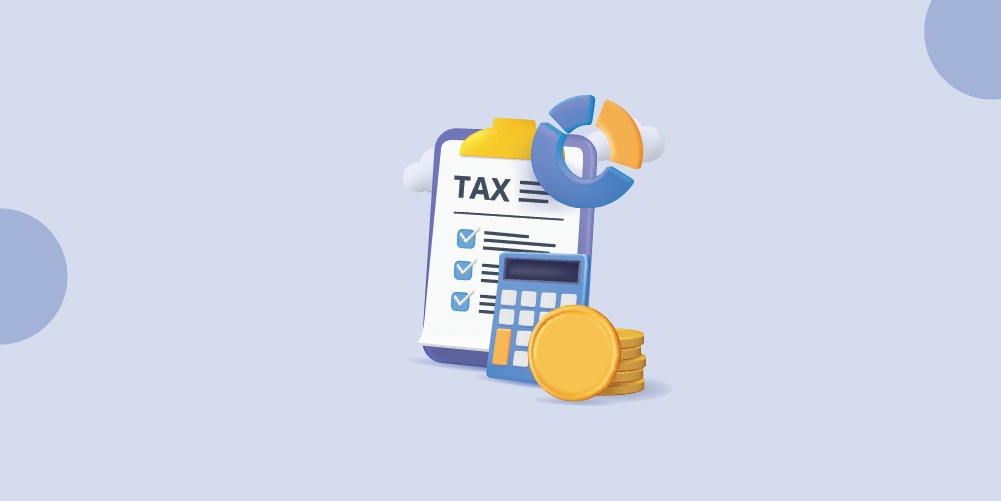What is Special Allowance: Meaning, Example and Tax Exemption
Reviewed by: Fibe Research Team
- Updated on: 26 Sep 2025

When you receive your monthly salary slip, you might notice various components listed separately, such as basic salary, house rent allowance (HRA), conveyance allowance and special allowance in salary. Among these, special allowance in salary often creates confusion for many employees. What exactly is it? Why is it provided? How is it taxed? This blog will explain the special allowance meaning, its example and the rules around special allowance tax exemption in simple terms.
Table of Contents
What is Special Allowance in Salary?
Special allowance in salary refers to any additional amount given by the employer to an employee to cover miscellaneous expenses that do not fall under other predefined allowances, such as HRA, conveyance allowance, or medical allowance. It is a flexible component of your salary structure meant to compensate employees for various costs incurred during work or for their performance.
Unlike statutory allowances like HRA or medical allowance, special allowance is discretionary and can vary depending on the organisation’s HR policy or the employee’s role and designation. The purpose of this allowance is to motivate employees and meet specific job-related expenses.
Example of Special Allowance
Let us take an example to understand this better. Suppose Ravi works for a software development company and receives the following monthly salary structure:
- Basic Salary – ₹30,000
- HRA – ₹12,000
- Conveyance Allowance – ₹3,000
- Special Allowance – ₹5,000
In this case, the special allowance of ₹5,000 is part of Ravi’s overall salary but is provided separately to cover costs that are not part of predefined allowances.
Some companies also use a special allowance in salary as a performance-linked incentive, meaning an employee may receive a higher special allowance depending on work delivered, targets achieved or additional responsibilities taken up.
Why Do Employers Provide Special Allowance?
Employers provide a special allowance in salary for several reasons:
- Flexibility in rewarding employees for varied responsibilities or expenditures.
- Acts as a motivational tool to incentivise employees to meet challenging targets or take up additional duties.
- Easier for companies to manage from an administrative point of view. Unlike allowances with strict statutory definitions, special allowances do not have fixed rules, making it easier to customize based on company policy.
Is Special Allowance Taxable?
One of the most important questions about special allowance in salary is regarding its taxation. By default, special allowance is fully taxable under the Income Tax Act, 1961, as part of the employee’s total taxable income.
This is because the allowance is provided without a specific exemption clause under tax rules, unlike HRA or conveyance allowance, which have clear exemptions up to certain limits.
However, there are cases where a portion of the special allowance tax exemption can be claimed if the allowance is given for official work-related expenses and proper documentation (such as bills, receipts and travel logs) is submitted to the employer. In such cases, only the non-reimbursed part becomes taxable.
For example, if an employee receives a special allowance to cover official travel expenses and submits travel bills, the employer may exclude this from taxable income, treating it as a reimbursement rather than a salary component.
Special Allowance Tax Exemption – Key Points
- Special allowance tax exemption is not automatic.
- It is applicable only when proper proof is submitted and the expenses are work-related.
- The employer must deduct tax under TDS (Tax Deducted at Source) unless valid bills are provided.
- The exemption is limited to actual expenses incurred and reimbursed by the employer.
- Employees must maintain clear records of any expenditure claimed under the special allowance tax exemption for tax audit purposes.
Difference Between DA and Special Allowance
A frequently asked question is:
What is the difference between DA and special allowance?
- DA (Dearness Allowance) is provided by the employer to help employees offset inflation and is typically calculated as a percentage of the basic salary. DA is mainly applicable to government employees and some public sector enterprises.
- On the other hand, a special allowance in salary is an additional discretionary amount meant to cover miscellaneous expenses and does not have a fixed calculation basis.
- While DA is strictly regulated by government rules, special allowance is flexible and varies from one organisation to another.
What is the Meaning of Special Pay?
Another commonly asked question is:
What is the meaning of special pay?
Special pay refers to additional remuneration given to an employee for specific roles or responsibilities that go beyond the normal job description. For example, an employee handling hazardous working conditions or managing extra projects may receive special pay as recognition of their extra work.
While special allowance is more general and flexible, special pay is often structured and specifically tied to a role or task.
Conclusion
Special allowance in salary serves as a flexible component of the salary structure, designed to help employees meet diverse expenses or reward performance. While fully taxable by default, exemptions may be available under specific conditions, making it essential for employees to maintain proper records and submit valid proofs.
At Fibe, we’re committed to simplifying complex financial matters, from understanding allowances and tax implications to improving overall salary structures. And when unexpected expenses arise, Fibe Instant Cash is there to support you—offering quick disbursal, minimal paperwork and instant access to funds. Download the app now!
FAQs on Special Allowances
What is the difference between DA and special allowance?
DA is a statutory allowance given to employees to offset inflation and is usually a fixed percentage of the basic salary. Special allowance in salary is discretionary, varies by organisation and is provided for miscellaneous expenses.
What is the meaning of special pay?
Special pay refers to additional remuneration given for handling specific tasks, roles, or projects that require extra responsibility. It differs from special allowance as it is often structured and role-specific.
Is the special allowance tax-exempt?
By default, special allowance is taxable. However, a portion of the special allowance tax exemption may apply if expenses are work-related and proper bills are submitted.
